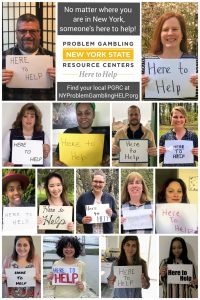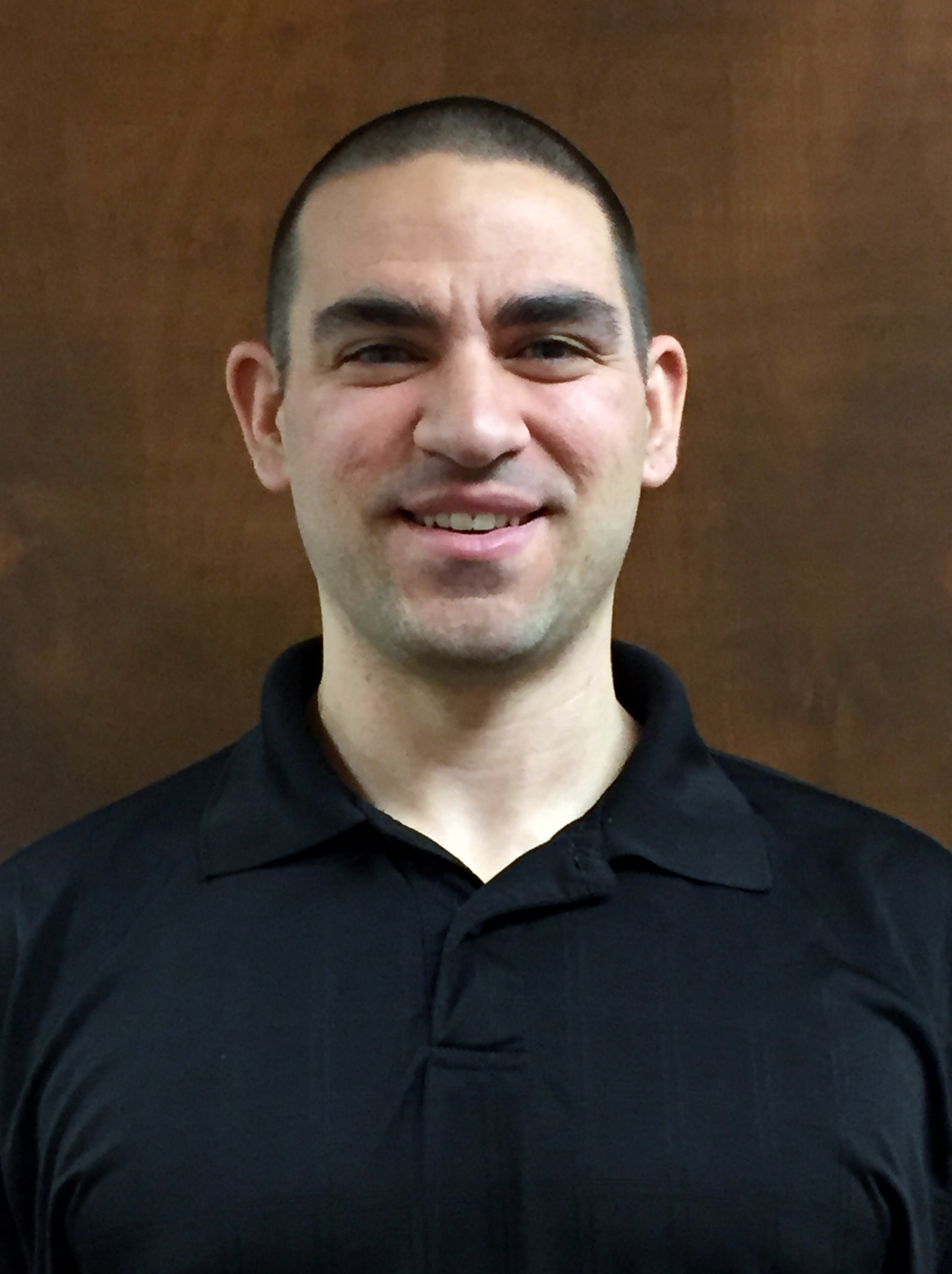Memorial Day, Veterans and Problem Gambling Posted On
As Memorial Day approaches, citizens across the country are remembering those who have served and sacrificed their lives for the safety of our country. These individual servicemen and women can either be those that lost their lives in combat or those that lost their lives during a training accident. All of them have contributed to our safety and freedom and should be remembered. Many of us will keep these people in our minds and our hearts, but those who are veterans may experience Memorial Day very differently.
Surviving Veterans
 Although veterans may have made it home, they may not have made it home safely. Many individuals may return struggling with a physical disability, PTSD due to things they saw or experienced and survivors guilt. All of these things may lead to anxiety and depression, making it harder to work through their struggles.
Although veterans may have made it home, they may not have made it home safely. Many individuals may return struggling with a physical disability, PTSD due to things they saw or experienced and survivors guilt. All of these things may lead to anxiety and depression, making it harder to work through their struggles.
To top it off, many veterans struggle to find a place in civilian life. Struggling to find their place, struggling to find purpose, and dealing with disability, PTSD and or survivors guilt can be a recipe for problems, such as suicide.
To cope with these feelings that many veterans struggle with, they may turn to positive solutions such as community involvement and family, while others may turn to negative choices that can lead to problems, such as problem gambling.
Veterans and problem gambling
Veterans are considered a special population when talking about problem gambling. They are at a much higher risk than the general population. They are at a higher risk for struggling because they may be using gambling as a way to cope with their stress and anxiety. Using gambling as a way to cope with these different feelings can quickly lead to problems due to gambling. Any problems due to gambling is problem gambling.
Problem gambling can come in the form of financial problems, relationship problems, increased anxiety and depression, and a higher risk for suicide. Of all addictions, those struggling with problem gambling have the highest risk for suicide. One in five people struggling with problem gambling attempt or complete suicide.
Veterans are already at a higher risk for suicide.
Veterans who struggle with problem gambling have a recipe for disaster. A recipe for an increase in attempting or completing suicide. These people have offered their lives to keep us safe. Therefore, we need to dedicate our time to keeping them safe.
We need to reach these individuals and offer help.
Many loved ones who are affected by someone else’s gambling may feel alone. They are far from alone. For every person struggling with problem gambling, the person struggling affects at least 10 people close to them. These people include family, friends, colleagues or other fellow veterans. The first thing to keep in mind is that anyone who is negatively affected by gambling is far from alone.
Knowing that, finding comfort in support from loved ones, support groups or a treatment provider is important. Building that confidence and learning different skills and choices to build self-empowerment is important.
What We Can Do
Start a conversation. Start the conversation about problem gambling with loved ones. Start the conversation with friends and become comfortable talking about it. Feeling comfortable will make conversations easier, especially with the person who is struggling.
Talk to the veteran about their gambling. Let them know that their gambling is causing problems. Let them know that they are not alone and let them know that help is available. Offering help to someone does not mean they’re going to get help. The important thing is that offering help has planted the seed that gambling may be a problem. It also lets them know that you are there, you care and want to support them in living a healthier life.
It’s important to know that we can’t support someone if we ourselves are struggling. Therefore, it is important to practice self-care. If our cup is half empty, we can only offer a half a cup to someone else. So, if we want to help, it is important to practice self-care. Self-care can start with seeking help to learn skills for self-care from professionals.
Finding Help
 Problem Gambling Resource Centers (PGRCs) across New York State exist to connect individuals with resources and services in their local communities. These resources include information, support groups, and a connection to treatment providers. No one is required to do anything when they call. The PGRCs exists solely to increase resources in local communities and connect people to those services to deal with problem gambling.
Problem Gambling Resource Centers (PGRCs) across New York State exist to connect individuals with resources and services in their local communities. These resources include information, support groups, and a connection to treatment providers. No one is required to do anything when they call. The PGRCs exists solely to increase resources in local communities and connect people to those services to deal with problem gambling.
Services are available for veterans that struggle with problem gambling, but they are also available to loved ones affected as well. It is important for loved ones to learn how to cope with the stress associated with problem gambling, as well as identify resources and services in their community to help. These services can help them feel more empowered by identifying ways that they can heal from the negative effects of problem gambling.
Again, during this time we think about and feel grateful for those men and women that have lost their lives in service to our country, but we also want to think about, reach out to, and offer help to those veterans that came back and need our help.

